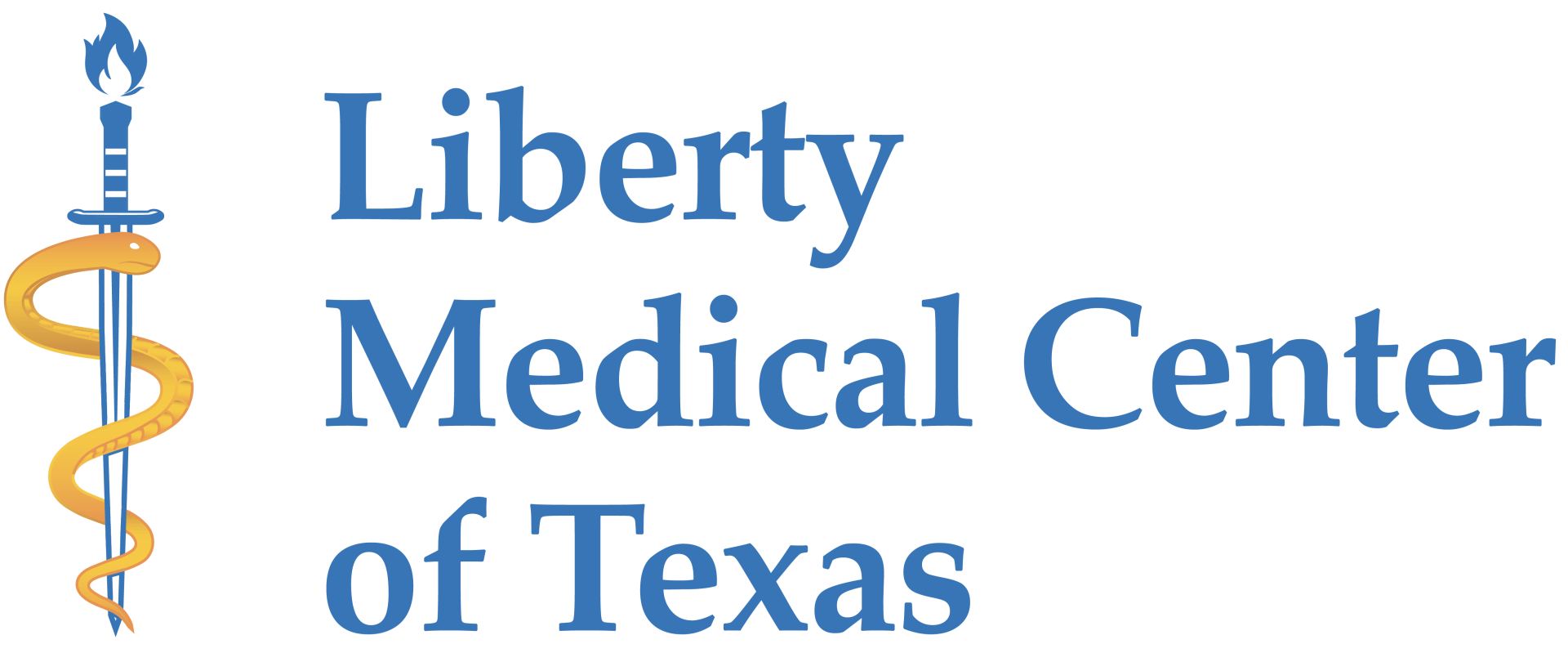Panic Attacks: What Are They and How Can We Treat Them
By Olusegun Dayo Awoderu
July 10, 2023
By Olusegun Dayo Awoderu
July 10, 2023
 Image by master1305 on Freepik
Image by master1305 on Freepik
Panic attacks are defined by the Diagnostic and Statistical Manual of Mental Health Disorders (DSM) as "an abrupt surge of intense fear or discomfort" reaching a peak within minutes. They can occur once for some people, as infrequent as only a few attacks per year for others, or as often as several times per day for still others.
A panic attack is thus an unexpected feeling of intense fear that can be very frightening, always happening suddenly and without warning, and when there is no actual physical threat or danger. The signs and symptoms of panic attacks typically include the following:
When continued panic attacks are left untreated, they can lead to suicidal ideation, agoraphobia, depression, and substance use, significantly negatively affecting daily life, social development, and overall well-being (Burke, D.).
Causes of Panic Attacks
The causes of panic attacks are yet unknown, but they have been attributed to how the brain and the nervous system play vital roles in the ways that humans handle, perceive, and manage fear. This is coupled with abnormalities in the function of the human amygdala - the part of the brain that processes fear and emotions. Researchers further attribute an increase in the risk of panic attacks to the following:
A panic attack is thus an unexpected feeling of intense fear that can be very frightening, always happening suddenly and without warning, and when there is no actual physical threat or danger. The signs and symptoms of panic attacks typically include the following:
- Sweating and trembling
- Shortness of breath or feelings of choking
- Pounding heart
- Depersonalization – detach from oneself
- Fear of dying or losing control
- Feelings of unreality
- Headache, chest pain, and dizziness
- Sense of impending danger
When continued panic attacks are left untreated, they can lead to suicidal ideation, agoraphobia, depression, and substance use, significantly negatively affecting daily life, social development, and overall well-being (Burke, D.).
Causes of Panic Attacks
The causes of panic attacks are yet unknown, but they have been attributed to how the brain and the nervous system play vital roles in the ways that humans handle, perceive, and manage fear. This is coupled with abnormalities in the function of the human amygdala - the part of the brain that processes fear and emotions. Researchers further attribute an increase in the risk of panic attacks to the following:
- People with mental health conditions
- Family history - a first-degree relative suffering the same
- Negative and traumatic childhood experiences
- Substance abuse
When continued panic attacks are left untreated, they can significantly negatively affect overall well-being...
- D. Burke
 Image by Creative Art of Freepik
Image by Creative Art of Freepik
How to Treat Panic Attacks
During a panic attack, sufferers are advised to practice breathing deeply and slowly, to remember that the attack is not life-threatening and will soon pass, and to focus on relaxing and peaceful images to help manage the episode. However, standard treatments for panic attacks include:
The Liberty Medical Center of Texas is at the center of increasing awareness and education through its services to veterans in identifying panic attacks, recognizing their symptoms, and encouraging sufferers to seek support and medical help.
During a panic attack, sufferers are advised to practice breathing deeply and slowly, to remember that the attack is not life-threatening and will soon pass, and to focus on relaxing and peaceful images to help manage the episode. However, standard treatments for panic attacks include:
- Psychotherapy - a variety of treatment techniques, along with the support of the mental health specialist, helps sufferers to change unhealthy thoughts, emotions, and behaviors.
- Use of Medications – medications are available to treat sufferers of panic attacks, including antidepressants and anti-anxiety medications. Antidepressants help to make panic attacks less severe and less frequent, and anti-anxiety medications help to prevent or treat panic attacks.
The Liberty Medical Center of Texas is at the center of increasing awareness and education through its services to veterans in identifying panic attacks, recognizing their symptoms, and encouraging sufferers to seek support and medical help.
Liberty Medical Center of Texas is one of several organizations dedicated to providing programs for mental health, trauma, PTSD, addiction, and depression for our veterans.
Related Posts:
How Do I Know If I Need Support For My Mental Health?
Fish Tanks Can Help with Mental Health
The Importance of Talk Therapy
How Do I Know If I Need Support For My Mental Health?
Fish Tanks Can Help with Mental Health
The Importance of Talk Therapy
References:
Cackovic, C. (2022, June 21). Panic Disorder. StatPearls – NCBI Bookshelf. https://www.ncbi.nlm.nih.gov/books/NBK430973/
Website, N. (n.d.). Panic disorder. nhs.uk. https://www.nhs.uk/mental-health/conditions/panicdisorder
Professional, C. C. M. (n.d.). Panic Attacks & Panic Disorder. Cleveland Clinic. https://my.clevelandclinic.org/health/diseases/4451-panic-attack-panic-disorder
Burke, D. (2022b, February 23). A Guide to Panic Attacks and Panic Disorder. Healthline. https://www.healthline.com/health/panic-disorder#complication

